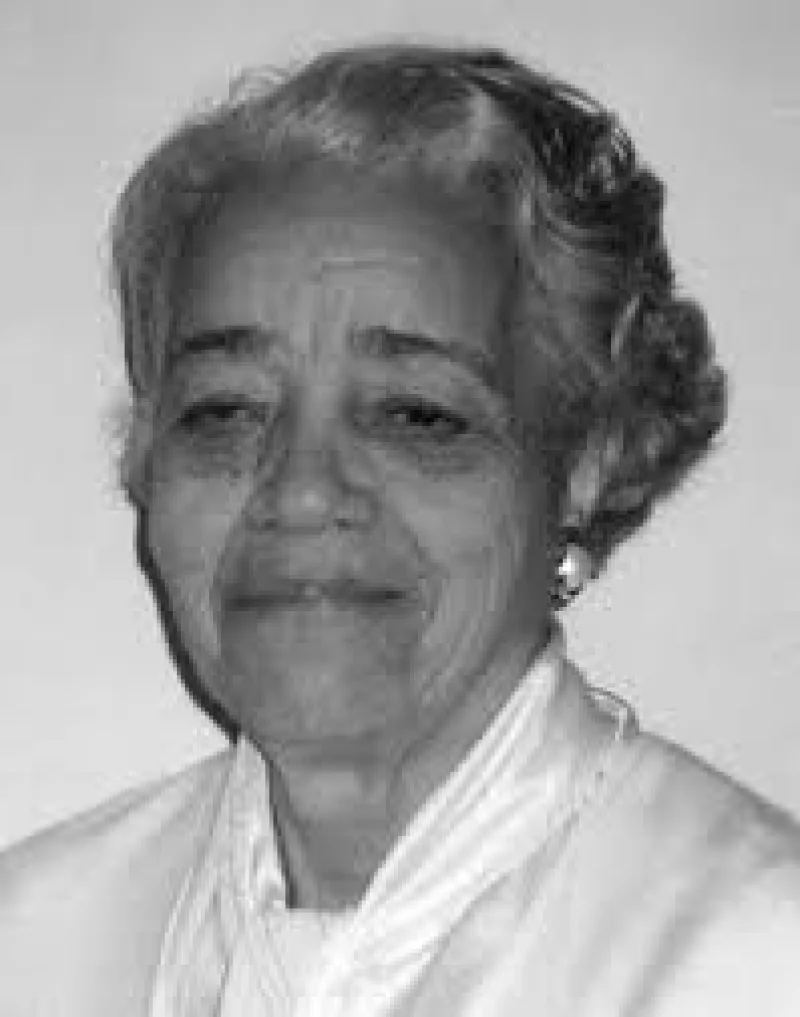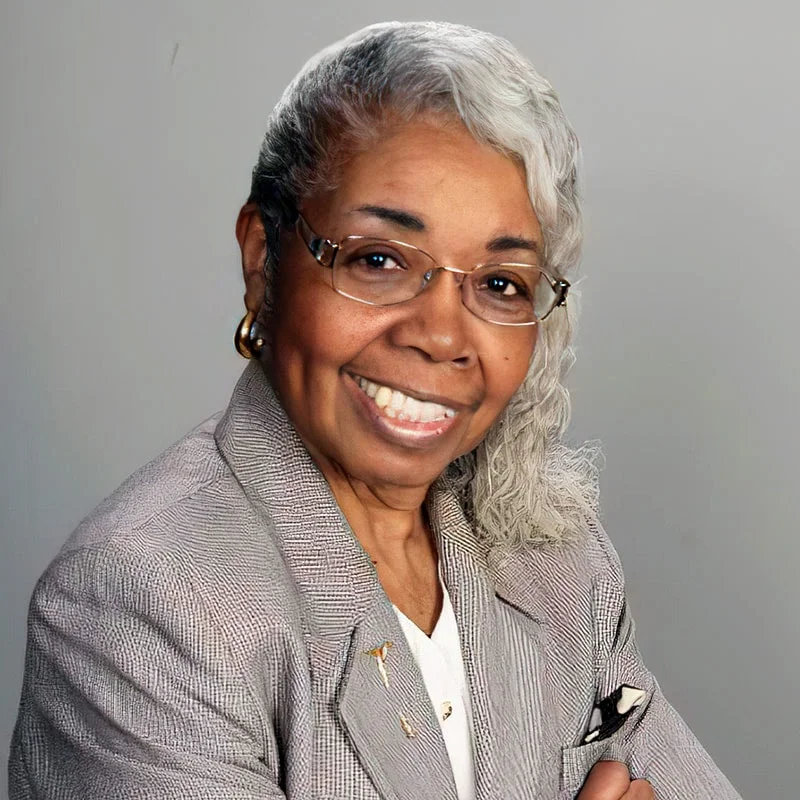Short Summary
Willard Frank Libby was a renowned American physical chemist best known for developing the radiocarbon dating technique, which revolutionized archaeology and paleontology by allowing precise dating of ancient organic materials. His pioneering work earned him the Nobel Prize in Chemistry in 1960. Libby's contributions significantly advanced the understanding of Earth's history and provided a powerful tool for various scientific disciplines.
Early Life & Education
Willard Frank Libby was born on December 17, 1908, in Grand Valley, Colorado, to Ora Edward Libby and Eva May Libby. Raised in a rural environment, he developed an early interest in science. He attended the University of California, Berkeley, where he earned his Bachelor of Science degree in 1931 and his Ph.D. in Chemistry in 1933. His education was deeply influenced by the vibrant academic environment at Berkeley and the mentorship of notable scientists, which laid the foundation for his future innovations in chemistry.
Career Highlights
Libby's career was marked by significant contributions to both academia and government research. After earning his doctorate, he became an instructor and later an assistant professor at the University of California, Berkeley. During World War II, he joined the Manhattan Project, where he worked on methods for isotope separation. In 1945, he was appointed to the University of Chicago, where he developed the radiocarbon dating technique. Later, he served as a member of the U.S. Atomic Energy Commission from 1954 to 1959, before taking a professorship at the University of California, Los Angeles, where he continued his research until retirement.
Major Achievements
- Developed radiocarbon dating, allowing precise dating of archaeological and geological samples.
- Awarded the Nobel Prize in Chemistry in 1960 for his work on radiocarbon dating.
- Contributed to the Manhattan Project during World War II by working on isotope separation techniques.
- Served on the U.S. Atomic Energy Commission, influencing policy on nuclear energy and safety.
Famous Quotes
- "Radiocarbon dating is probably one of the most significant discoveries of the 20th century."
- "The radiocarbon method is a boon to archaeology, paleontology, and geology."
Interesting Facts
- Libby was a student of the famous chemist Gilbert N. Lewis at the University of California, Berkeley.
- His work on radiocarbon dating helped confirm the age of the Dead Sea Scrolls.
- Libby emphasized the importance of interdisciplinary research throughout his career.
- He was a strong advocate for peaceful applications of nuclear energy.
- Libby was awarded the Elliott Cresson Medal in 1961 by the Franklin Institute.
Legacy / Influence
Willard Frank Libby's development of radiocarbon dating has had a profound and lasting impact on archaeology, geology, and other scientific fields. His work provided a robust tool for dating organic materials, which transformed the study of ancient civilizations and facilitated numerous scientific discoveries. Libby's influence extends beyond his scientific achievements, as he also played a critical role in shaping nuclear policy during his tenure with the U.S. Atomic Energy Commission.
FAQ
Q: Why is this person famous?
A: Willard Frank Libby is famous for developing the radiocarbon dating method, which revolutionized how scientists date ancient organic materials.
Q: What contribution did he make to nuclear energy policy?
A: Libby served on the U.S. Atomic Energy Commission, influencing policy on the peaceful use and safety of nuclear energy.
Q: What award did he receive for his work?
A: He was awarded the Nobel Prize in Chemistry in 1960 for his development of the radiocarbon dating technique.
Q: What was his role in the Manhattan Project?
A: Libby worked on isotope separation techniques during World War II as part of the Manhattan Project.












